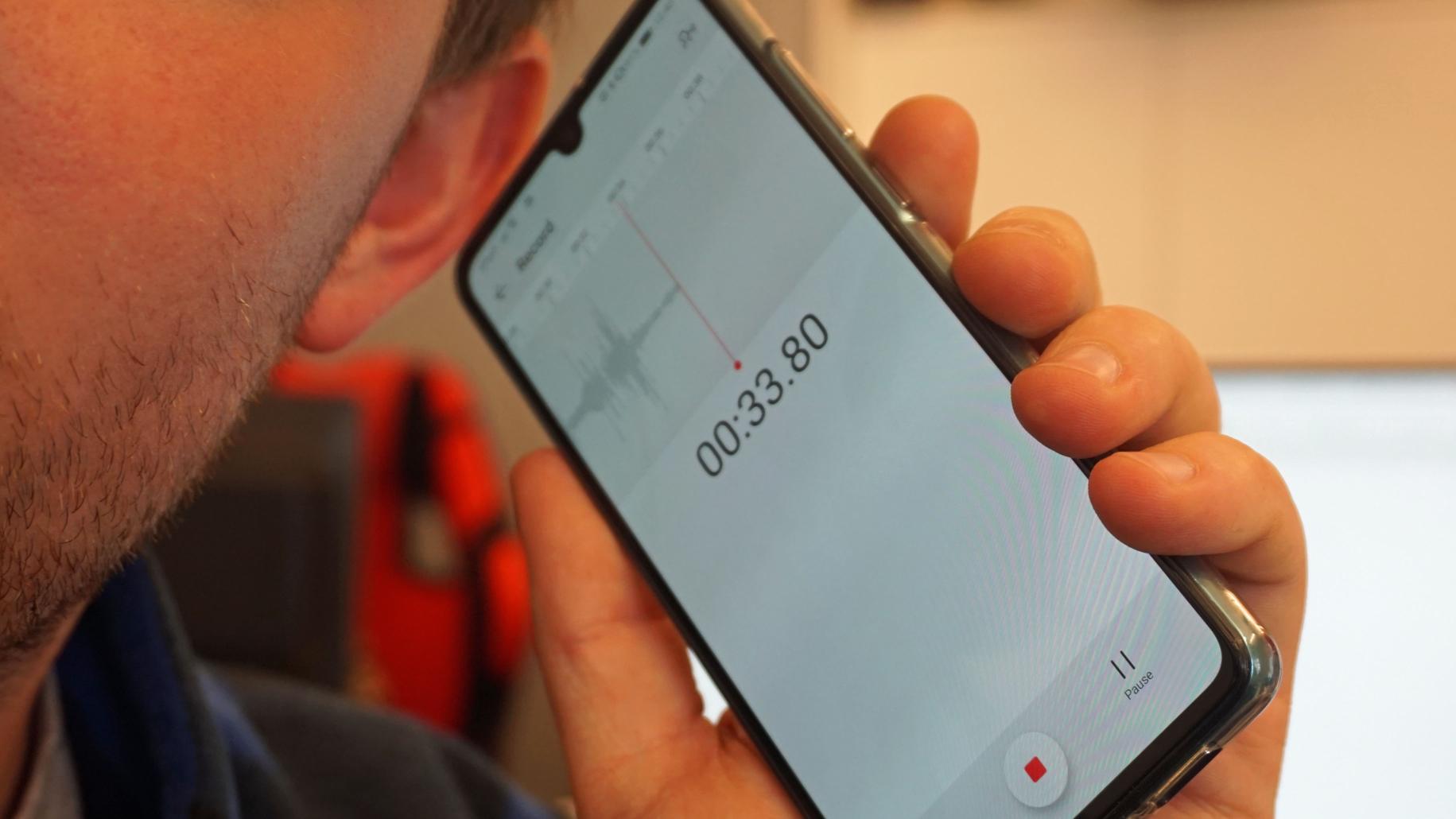Method to practice Speaking skills at home for new DNUErs of English Language Department

The biggest question that teachers of the English Language Department at DNU often receive from K17 Newbies is “How to practice speaking English effectively at home?”. To answer this question, this article will show you 03 extremely effective methods to practice speaking English at home, helping K17 Newbies pass the upcoming exam excellently. And the last method will be great!
Shadowing
Shadowing is a great way to improve your English pronunciation and accent. Basically, you just pick a video that you like, maybe a YouTube video that features native English speakers. You watch the video a few times, then try to repeat exactly what the people in the video said. You practice speaking at the same time as them and try to copy their exact pronunciation and accent, even their emotions.

Record yourself speaking
This is the method that many foreign language learners apply to their speaking practice.
Speaking tests at school are not only about pronunciation or accent, but also about the speaker's ideas. If your speech does not have good ideas, no matter how good your pronunciation is, you still cannot answer smoothly. Therefore, you should first choose the available topics and questions related to the topics that have been guided by the lecturer during the course, and then write down some good ideas and good vocabulary to answer the questions.

Next, record your speech on your phone, based entirely on what you remember, without looking at your notes, just like in the exam room. Then, listen to the recording and see if there are any mistakes in your pronunciation so you can learn from them and improve next time. Don’t forget to check if you have used the good vocabulary and ideas that you have noted down before. If you haven’t used them effectively, try to apply them in your next practice. This is a great way for you to self-evaluate.
Practice with native speakers through English speaking learning software
The Shadowing method and the self-recording method are quite good and effective, but there is one weakness: you have no one to correct your mistakes and lack the necessary interaction to learn English better.
Currently, some software that supports users to practice speaking English through online interaction can help you overcome the above limitations and practice speaking English more effectively. Some examples include: Elsa software that helps you improve your pronunciation effectively; or Cambly software with the participation of tutors from English-speaking countries such as the UK, the US, and Canada. They not only help you correct your mistakes, but also interact and exchange daily to help you improve your English speaking skills. Another advantage is that you can talk to them at any time.

Currently, these applications have a limitation that you have to pay for long-term use. However, it is an investment that brings long-term benefits and is completely worth it!
All the methods given are just suggestions to support students in the process of self-studying at home more effectively. The most important thing is to concentrate when studying in class, do exercises regularly, take full notes and apply the techniques provided by teachers!
MSc. Trinh Thu Huong – Faculty of NNA
Register for admission consultation 2025
scholarships and tuition support worth up to 55 billion VND

scholarships and tuition support worth up to 55 billion VND






